More than 7,000 ways to define Filipino
By Philip Dominguez MercurioAfter my article, “A ‘proud, fake’ Filipino’s open letter to Arnold Clavio,” came out, I received a ton of feedback via email and Twitter – some in support and some in defense of his comments.
What really struck me was that everyone came with their own definition of what a Filipino meant to them – whether it was based on ancestry/blood, birthplace, duration in the Philippines, knowledge of the language, appreciation of the culture or some combination of the above. Many were adamant about being either too inclusive or too exclusive; the result was a standoff between local and foreign Filipinos that was nowhere near getting resolved.
So I thought maybe this was approached all wrong. Maybe the debate shouldn’t have been about What but revolved around Why. Why does it even matter? Why is it necessary to define the term “Filipino” so rigorously in the first place?
Take the case of Tim Tebow as presented by The FilAm writer A. Mabini. In it, Mr. Mabini suggests that Tebow may qualify as an American Filipino based on his birthplace and love for his birth country which he mentions numerous times in his press conferences. But by the definition of others, Tebow would fail on many levels. As I see it, why does it matter?
How does he threaten the ideal Filipino that it is necessary to exclude him? What harm would be done?
Some Filipino foreigners have immediately suggested a theory related to certain crustacean for this attitude of exclusion but I will refrain from going there. Attitudes against foreign brethren aren’t without precedent. Going back to the 19th century, the Japanese who left Japan were considered castoffs, seen as tainted and were not allowed to return home due to the Sakoku policy of isolationism.
During the fall of Sukarno, Indonesians of Chinese ancestry who were forced to leave Indonesia and repatriate themselves to China were also never accepted as “true” Chinese back in China. Many were forced to toil the desolate interior of the country as second-class citizens and were labeled as “foreign devils” and “half-breeds.” Could current attitudes be inklings of these former ways of thinking? Perhaps…
I only ask because there remains many — and I mean many — Filipinos in America who continue to naively believe they are “real” Filipinos, some driving around with Philippine stickers on their cars, when in fact, many wouldn’t even be considered “real” at all. Just imagine the Matrix Moment when someone, say a Filipino Morpheus, tells them the truth by pulling them over and handing them that red pill.
Knock, knock! A short man in dark trench coat waited along a busy stretch of I-880 as the driver rolled down his window. Then the short man spoke:
“Excuse me sir,” Filipino Morpheus said. “I noticed you have questionable stickers and tags.”
“Huh?” the driver, Neo, said a bit perplexed. “No. I just renewed my registration at the DMW on the…”
“No, No. I’m referring to the sticker with eight rays of the sun and another sticker of what seems to be a map of the Philippines tagged to your rear window.”
Neo looked back. “Oh those?” He turned back then smiled proudly. “Why, it’s ‘cause I’m a Filipino, sir.”
“Filipino?” Morpheus hesitated then stared at Neo through his darken shades. Then he sternly replied, “Proof of Filipino-ness please?”
“Proof of what? Filipino-ness? Well look at me,” Neo said. “Aren’t I…”
“Were you born here?” Morpheus said cutting him off.
“Yes.”
“And you were raised here?”
“Yes.”
“Yea, sorry sir. No exposure to the Philippines.”
“Wait a minute, just wait,” Neo said, hoping to explain himself. “My parents were from the provinces of…”
“Irrelevant, sir. You were never exposed to the culture of which you speak of.”
“But I could understand a little Ilocano and Panga…”
“Again irrelevant, sir. Knowing one or two of the languages from afar doesn’t replace the fact you haven’t had the camaraderie with fellow Filipinos back in the Philippines.”
“But I watched Wowowee many times with my lola before,” Neo pleaded.
“Wowowee?” Morpheus smirked. “What? The variety show with all those ‘fake’ Filipinos holding signs that read, “Carson, CA” or “Jersey City, NJ”? That was just a ploy specifically designed to skew the minds of Filipino foreigners into believing they were accepted as one of the locals. If only they knew.”
“But… but.” Neo was at a loss for words.
“But what?” Morpheus said a bit irritated as he watched Neo’s head slump helplessly onto the steering wheel. “I’m sorry sir. You have no proof of Filipino-ness. You have two weeks from today to remove your stickers.”
Morpheus then turned and proceeded to walk away.
“But why?” muttered the downtrodden Neo.
Morpheus stopped upon hearing Neo and returned to the driver’s window.
“I know how you feel,” Morpheus said. “But unfortunately, being a Filipino is like having a credit score. It’s always searched for and it shadows you for the rest of your life. As of now Neo, your Filipino credit score is based on certain qualifying factors and unfortunately, having not long enough of a history in the Philippines is a major setback on your Filipino ‘worthiness.’”
“But I eat ‘sinigang’ twice a week,” Neo mumbled.
Morpheus grinned. “As I said before, Neo, you could stuff yourself with tamarind packs all you want, but minor improvements like that would do little to improve your score and as such some Filipinos will continue to decline you as one of their own.”
“But Morpheus,” Neo said. “Why do we even need a system like this?”
Morpheus stopped and turned. “Why? Even I don’t know why Neo? Perhaps you’ll need to ask a ‘real’ Filipino that one.”
See this article,"More than 7,000 ways to define Filipino," in The FilAM. Click here.













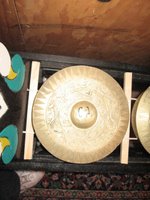







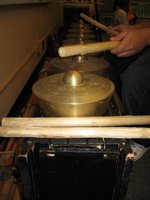


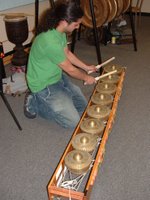



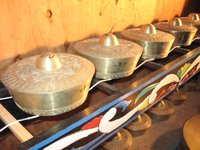
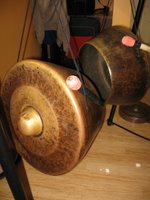








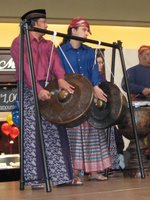
















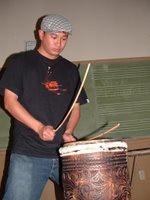


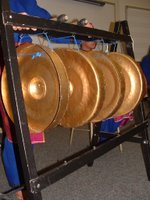
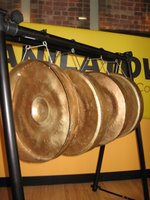


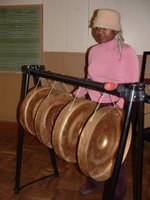

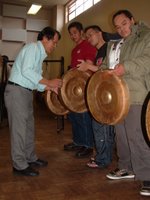





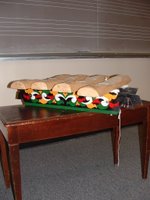





























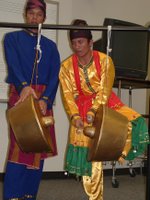
















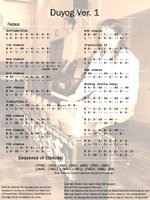

























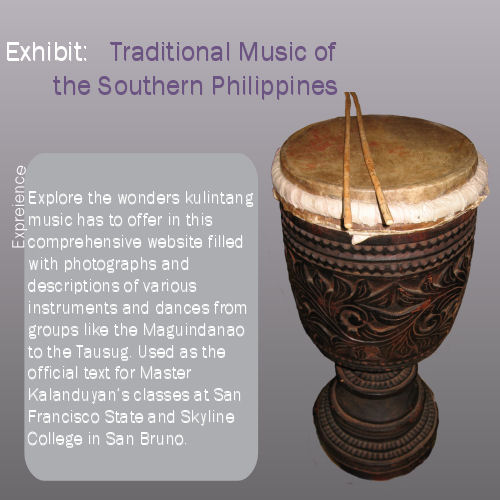








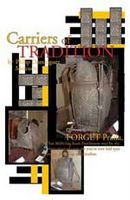


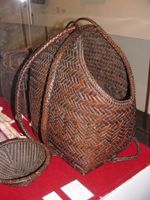







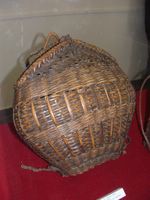






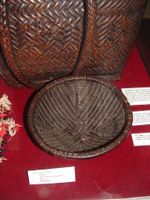
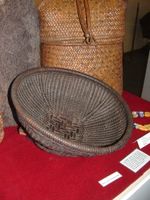











<< Home